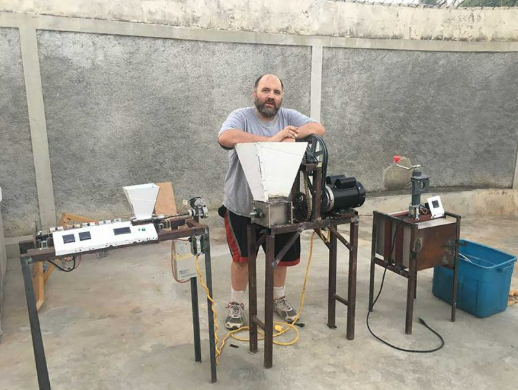Month: July 2016
-

Plastics Recycling Project
TL:DR – Diyode is building a series of open source machines for recycling plastics. In January, I’m planning on travelling to Haiti to install them in a foster care home so the residents can turn trash into useful and saleable items. A little while ago I got an email from my cousin, Sarah. Sarah is…
